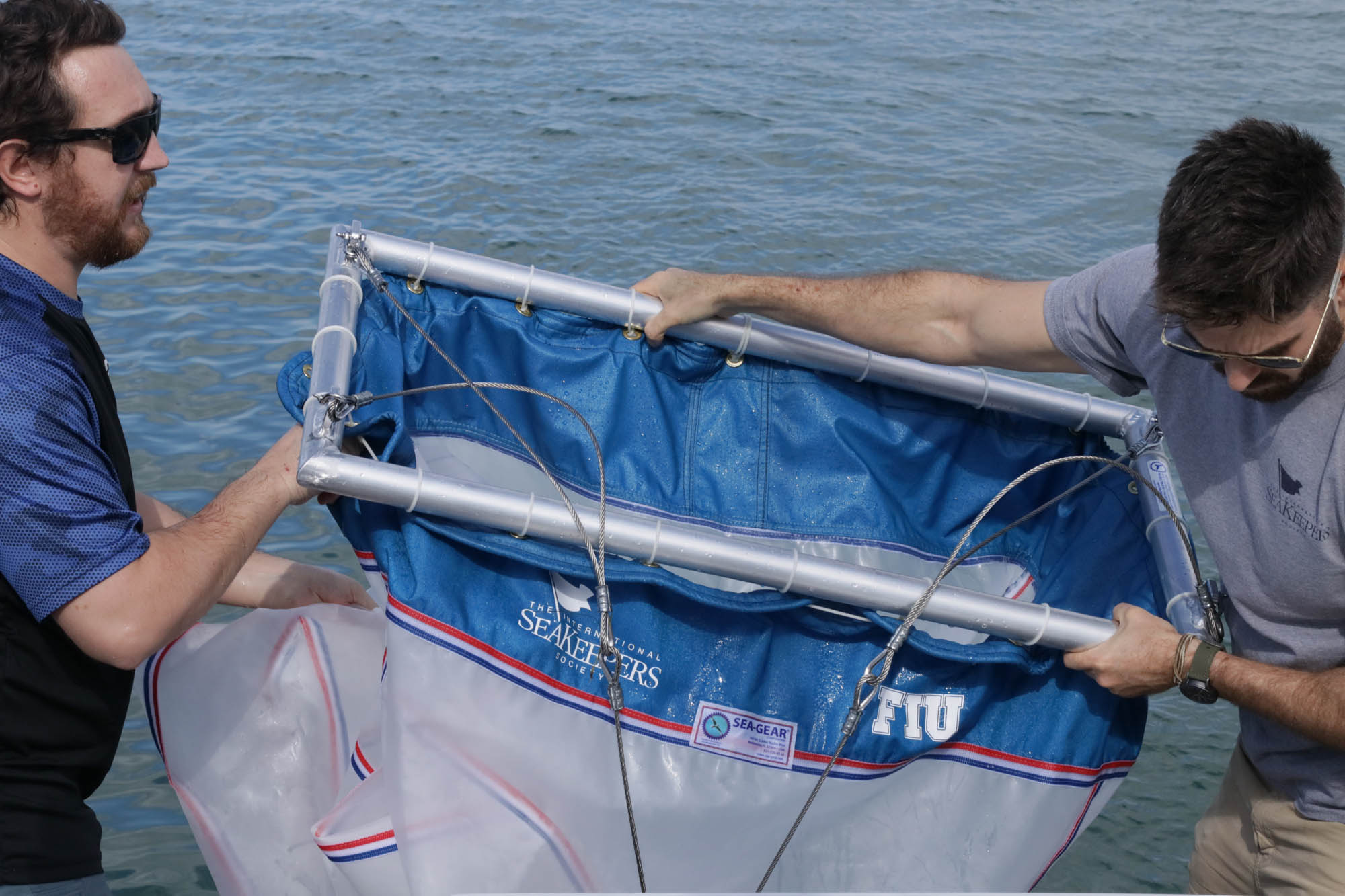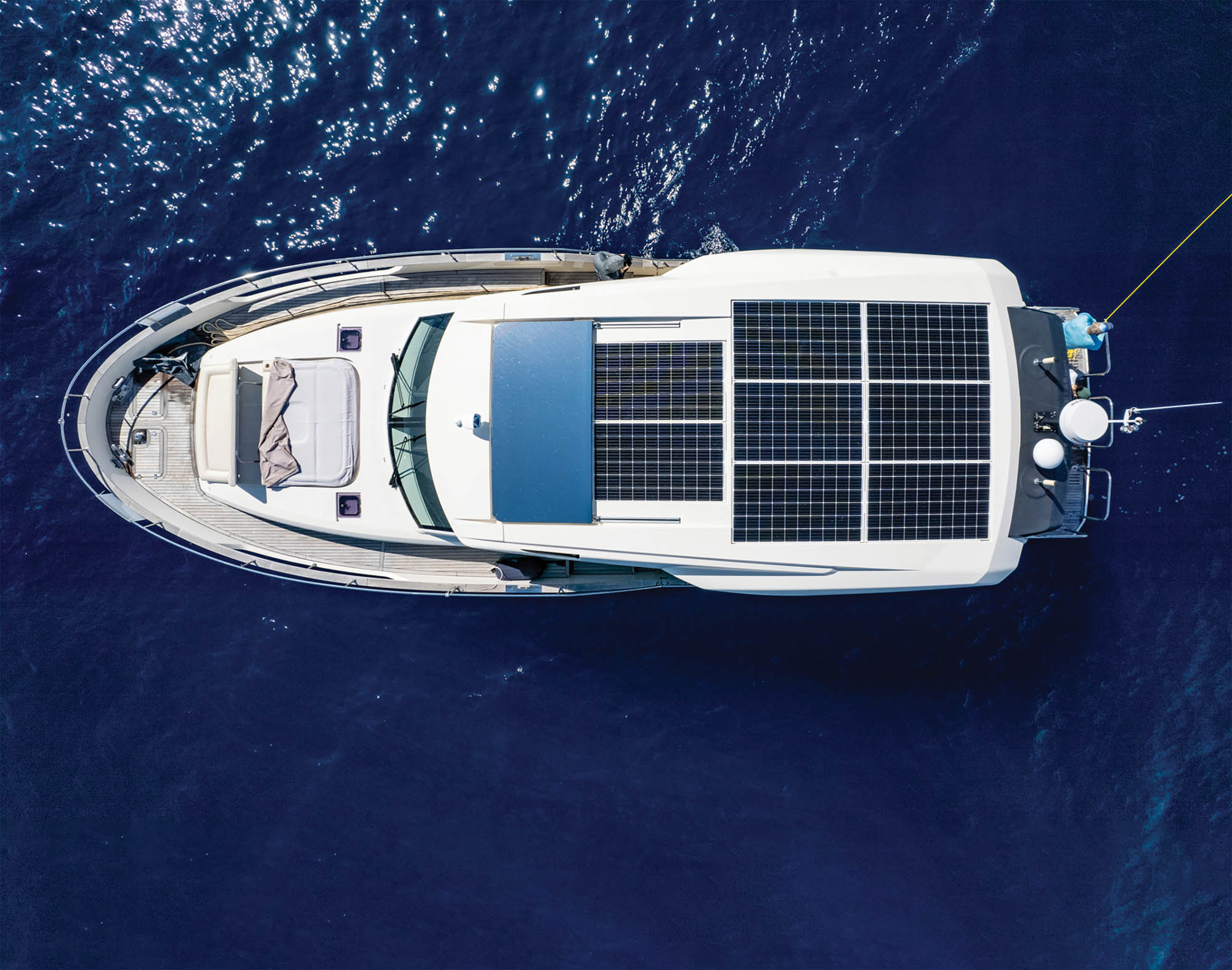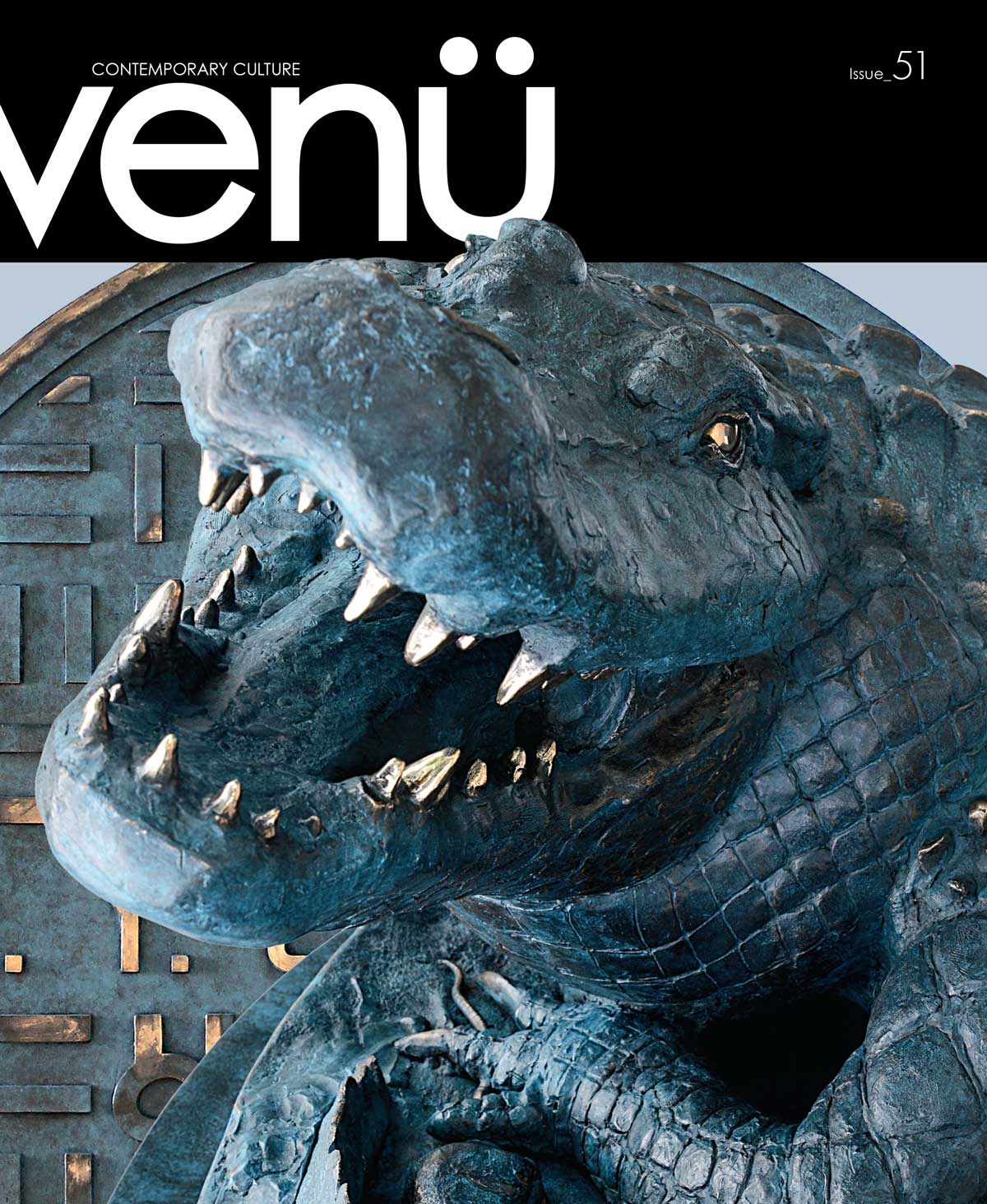If you’re looking for opportunities to make a difference or give back, there are a myriad of ways to do so in the yachting and boating industry. The International SeaKeepers Society, better known as SeaKeepers, is celebrating its 25
th anniversary this year as a non-profit organization that supports marine science education, research, and conservation by working with privately owned vessels as platforms for oceanographic research, educational outreach, and marine conservation. Their efforts permit scientists to maximize research potential and provide the yachting community with a way to advance marine science and raise awareness about global ocean issues.
Founded in Monaco in 1998, SeaKeepers began as a group of yacht owners who realized they shared more than just a passion for yachting and were concerned about the deteriorating condition of the world’s oceans. With the help of the yachting community, they wanted to advance oceanographic research. Today, SeaKeepers continues its legacy through the DISCOVERY Yacht Program, comprised of Scientist-led Expeditions, Citizen Science outings, Educational Outreach events, and Community Engagement activities.
The degree of participation from a vessel can vary, from sharing depth measurements from navigation instruments while out at sea, to hosting a floating classroom for children in the bay, to week-long expeditions with a team of researchers and scientists. Whether you donate time aboard your vessel or support oceanographic research on your voyage, opportunities are available to engage vessels of all types and sizes. The most essential piece to facilitating programming is continually identifying vessels to support educational, conservation, and research efforts worldwide. With the emergence of new technology and projects, vessels have the ability to participate in Citizen Science from anywhere in the world.
From captains to crew to yacht owners and their families, participating in our Citizen Science programs with no prior knowledge of instrument deployment or marine science is not an issue, and collecting scientific data has never been easier. Citizen Science offers a valuable opportunity for vessel owners to get involved in smaller-scale marine research initiatives. These outings do not require scientists to be on board. SeaKeepers offers independent programs that fit the vessel owner’s interests, each with unique research and educational goals. Currently, initiatives SeaKeepers offers to participate in are the Seabed 2030 Project and the Neuston Net Research Collective.
Participate in the Seabed 2030 Project
As part of the effort to map the world’s oceans by 2030, SeaKeepers has partnered with the Seabed 2030 Project, along with the International Hydrographic Organization (IHO) Data Center for Digital Bathymetry (DCDB) at the National Centers for Environmental Information, Boulder, Colorado. This collaboration provides and manages small hardware data loggers that are used to collect bathymetric data from volunteer observer vessels. The project was launched at the United Nations (UN) Ocean Conference in June 2017 and is aligned with the UN’s Sustainable Development Goal #14 to conserve and sustainably use the oceans, seas, and marine resources. Any boat can get involved by relaying information collected on board from data loggers. These loggers can be easily installed and integrated into the boat’s existing mechanical system. As vessels travel the world and visit remote areas, participants offer the rare ability to map zones most vessels or people will never see and where information may be scarce.
Collect Samples by Towing a Net
The Neuston Net Research Collective unites the academic world and the international yachting community in an effort to conserve and understand our oceans through research with net tows. Citizen Science kits allow crews and owners to conduct plankton survey-style transects related to one of our partner research projects. These Nets are made with fine mesh and towed by vessels to collect samples of neustonic organisms, algae, plastics, plankton, seawater, and more. Nets are provided to vessels around the world depending on the location required for research.
Community Engagement & Educational Outreach
Shoreline programming focuses on local community engagement for cleanups of beaches, waterways, and reefs, an additional aspect of programming that has gained momentum in the last two years. Participants are provided with access to collect data using the online platform called Clean Swell and are given a presentation on the dangers trash and pollution cause to the ocean.
There’s also an opportunity for vessels to participate in Educational Outreach. By uniting educators, scientists, and students in a “floating classroom” experience, participants engage in marine science learning aboard vessels. They are given the opportunity to observe relevant marine research and interact with experts in the field of marine science while doing fieldwork. Outreach expeditions have focused on observing marine wildlife, deploying scientific instruments, reducing plastic pollution, teaching sustainability practices, and more.
Most recently SeaKeepers has extended their learning format to include a series of downloadable lesson plans, which can be used in conjunction with the SeaKeepers video series or as standalone materials to highlight marine issues and concepts. Materials are designed for grades 4-6 and 8-10. In 2022, SeaKeepers’ launched the
Junior SeaKeepers Program, which provides high school students in grades 10-12 with hands-on experiences in marine conservation issues. Students will learn about topics from local experts while receiving training in conducting scientific research and science communication. The goal of this free educational program is to give young ocean ambassadors the tools to not only understand the problems that face our oceans but also encourage a career track in the field of marine science.
SeaKeepers continues to expand its mission with a chapter in Singapore and the launch of a new office in the United Kingdom.
To support as a vessel owner, ocean advocate, or charitable donor, you may become a SeaKeeper by visiting:
WWW.SEAKEEPERS.ORG 




Leave a Reply